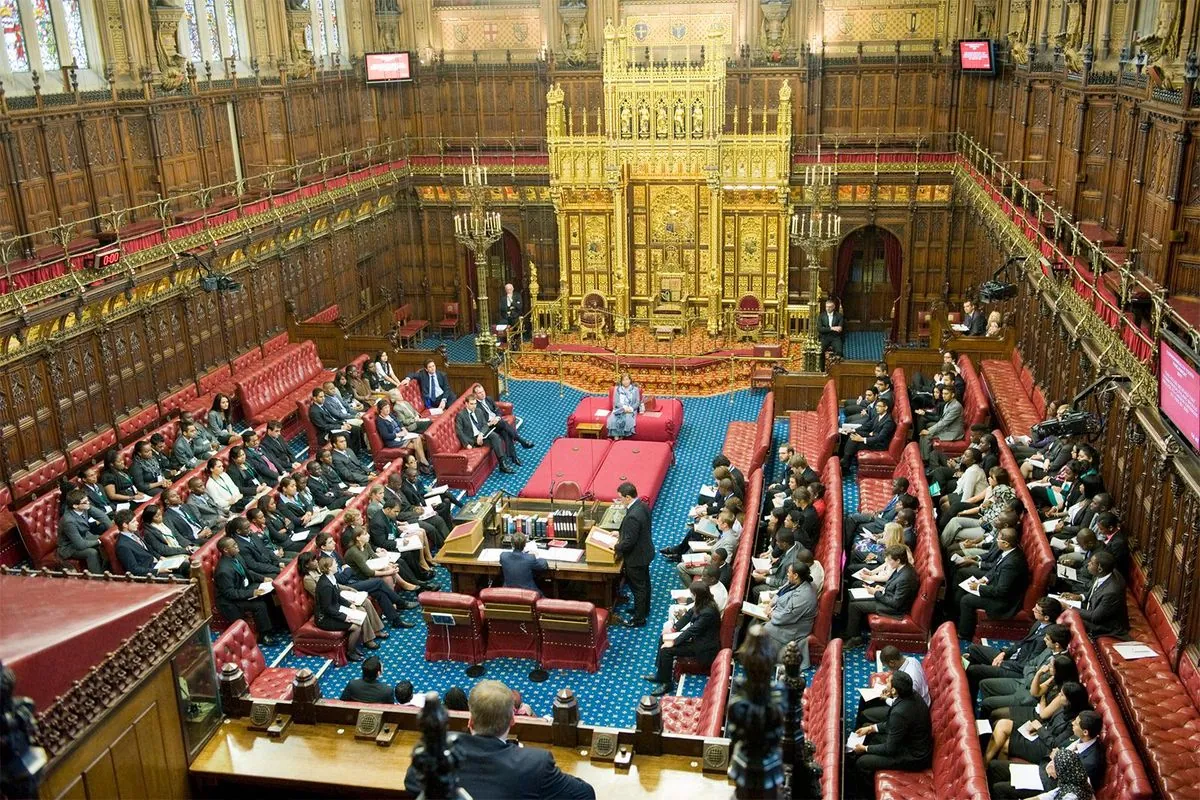Labour's Plan to Remove Hereditary Peers Sparks Debate on House of Lords Reform
Labour government proposes removing remaining hereditary peers from House of Lords, citing modernization. Critics argue valuable expertise will be lost, while supporters claim reform is long overdue.

The Labour government's recent proposal to remove the remaining 92 hereditary peers from the House of Lords has reignited debates about constitutional reform in the United Kingdom. This move, reminiscent of Tony Blair's 1999 House of Lords Act, aims to modernize the upper chamber and address what some consider an outdated system of governance.
Nick Thomas-Symonds, Minister for the Constitution, stated, "The hereditary principle in law-making has lasted for too long and is out of step with modern Britain." This position aligns with Labour's manifesto and the King's Speech, reflecting a commitment to reform the second chamber's composition.
The proposal has drawn both support and criticism. Proponents argue that hereditary peerages are anachronistic in a modern democracy. The UK is one of only two countries globally, alongside Lesotho, that retain a hereditary element in their legislature. However, critics contend that the reform lacks comprehensive vision and may result in the loss of valuable expertise.
Several hereditary peers have highlighted their unique contributions to the House of Lords. Lord Attlee, grandson of the post-war Labour Prime Minister, emphasized the diverse backgrounds and expertise hereditary peers bring to Parliament. He cited his own experience in the heavy haulage industry as an example of specialized knowledge that benefits legislative processes.
"There's no one else in Parliament who could do that. And that's what you're going to lose."
Similarly, Charles Courtenay, the 19th Earl of Devon and a practicing barrister, noted his ability to influence legislation based on professional experience. He contributed to changes in conservation covenants during the Environment Act deliberations.

Lord Borwick, who entered the House of Lords in 2013, highlighted the efficiency of hereditary peers, stating, "The average hereditary peer is younger than the average peer. A higher proportion serve as whips, front benchers and committee members."
The debate also touches on broader issues of constitutional reform. Some experts, like Sir Vernon Bogdanor, have called for additional measures, including limits on political donations and statutory restraints on prime ministerial powers. The retention of 24 Anglican Bishops in the House of Lords has also been questioned, given their voting patterns.
As the government moves forward with its plans, reactions from hereditary peers vary. Some, like Lord Strathclyde, express a readiness to fight the changes, viewing them as crucial to the country's governance. Others, such as the Earl of Devon, acknowledge the likelihood of change under a Labour government.
The future composition and role of the House of Lords remain uncertain. As debates continue, the challenge lies in balancing modernization with the preservation of valuable expertise and historical continuity in British governance.


































